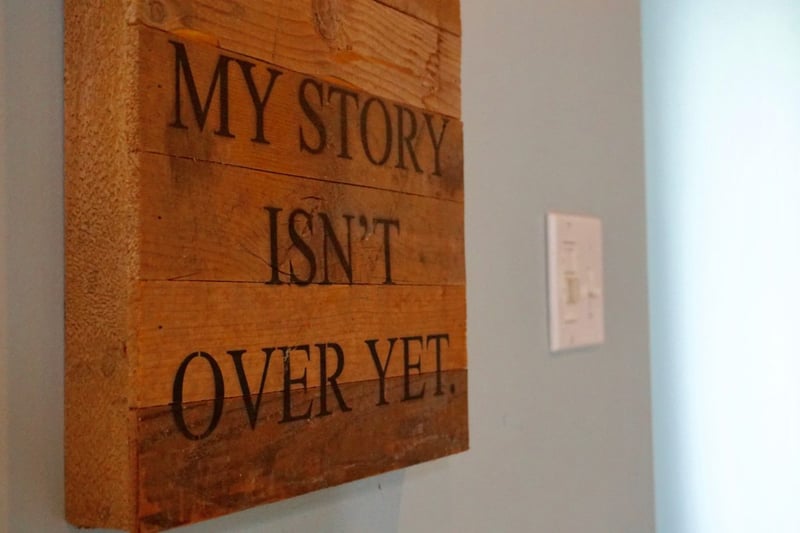Creating Realistic Resolutions for the New Year with Your Teen in Recovery

We live in a society of
more
. When our teen is recovering from drug and alcohol addiction, their concept of
more
is different from anyone else's. Addiction is a disease of more. Drugs and alcohol alter brain chemistry in such a way that the brain develops an obsession of craving. As addiction progresses, the brain builds a tolerance to drugs and alcohol, requiring more of the substance to achieve a similar or greater intoxicating effect. The more that tolerance grows, the more incapable the brain grows in producing the sensations of intoxication by way of a neurotransmitter called Dopamine. Continuously craving more and more, the brain produces less and less of the feel-good brain chemical dopamine. Simultaneously, the body becomes more sick and more dependent on the drugs and alcohol, yet still craving more of these harmful substances. The theme of more spreads to every area of an addicted teen's life.
Setting New Year's Resolutions is a great example of combatting the disease of ‘more'. Most often, goal setting is done in a vague and unmeasured way. Resolutions are often never kept because there is no tangibility or planning in the way they are set. We are prone to making a list that is full of ‘more':
exercise more, cook more, do more for my health, meditate more, make more money, lose more weight, feel better more often-
the list goes on ad infinitum.
More has no beginning or end, or any intervals in between. Making resolutions with our teen should have metrics and gauges. If our teen wants to exercise more, for example, ask them what their end goal is and how they want to get there. Perhaps they want to run a half marathon. Instead of ‘running more' they can create a detailed plan for healthy and safe levels of training in order to sustainably complete the running requirements of a half marathon. Perhaps the teen wants to incorporate more passion projects into their life. Where in their schedule can they create time? What do they want to focus on and how often?
Goals should include timely intervals for check-ins. Create calendar deadlines to check in with progress after a month, three months, and six months. Visualization and planning are extremely helpful skills to give a teen- much more beneficial than a list of ‘more'. Your teen can do more and grow more when they learn how to evolve away from more and set realistic resolutions for the New Year.
Recovery is realistic. Your child can find sobriety. Stonewater Adolescent Recovery Center offers residential programming for adolescent and teenage boys seeking recovery from drug and alcohol addiction. Call us today for information: 662-598-4214

.jpg)

